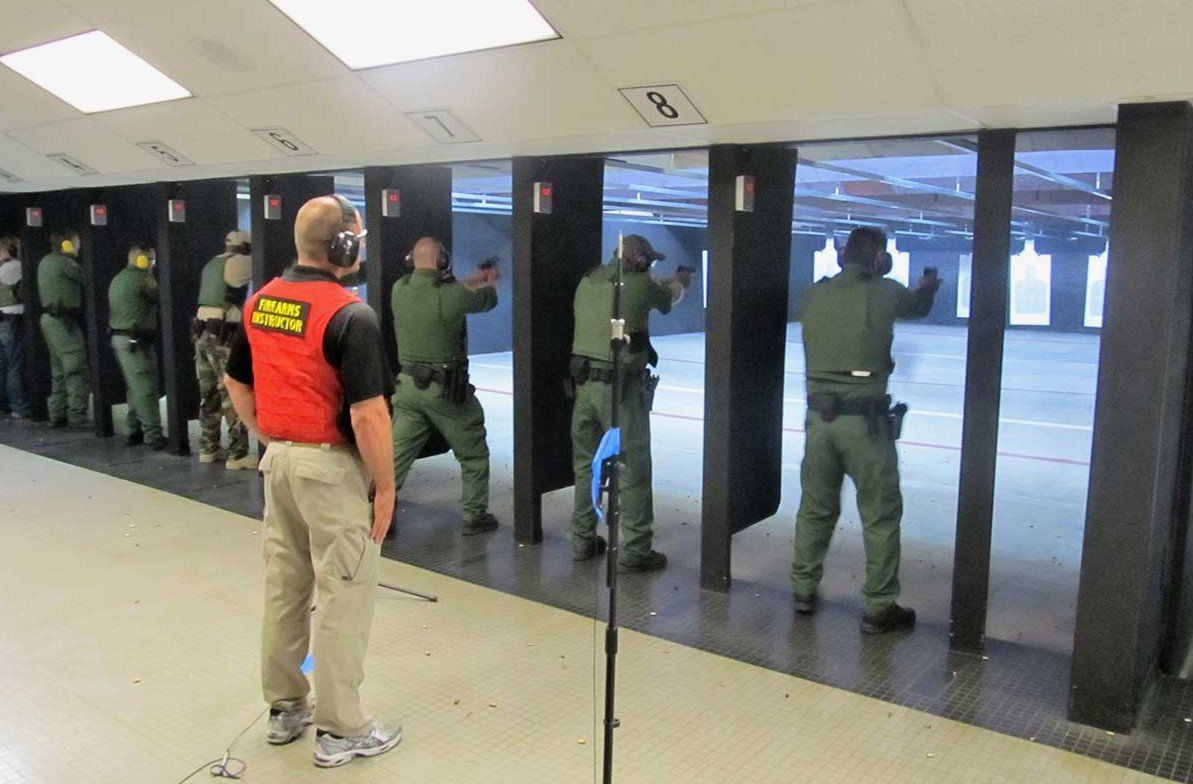How Regular Firearms Training Improves Reaction Time in High-Stress Situations
In high-stress situations, the ability to make quick decisions and react swiftly can be the difference between success and failure. Whether you’re in law enforcement, engaged in military operations, or facing a personal defense scenario, your response time is crucial. This is where firearms training becomes invaluable. Through regular and consistent practice, individuals develop the muscle memory required to perform essential actions without hesitation. Furthermore, it builds mental resilience, enabling you to remain calm and focused under pressure. In this article, we will delve into how continuous firearms training improves reaction time and why it’s vital for managing high-stress encounters effectively.
Consistent Firearms Training
Firearms training is much more than learning how to pull a trigger. It’s about honing the skills necessary to operate a firearm under a variety of circumstances, especially those that involve stress. Stress tends to impair decision-making and motor skills, which can cause delayed reactions in critical moments. However, consistent firearms training prepares individuals to manage these situations more effectively by instilling the following:
- Muscle Memory: Muscle memory is developed through repetitive actions. When trained to handle a firearm, your body becomes accustomed to executing the necessary movements automatically. Regular firearms training allows these movements to become second nature. Drawing your firearm, sighting in, and firing can all become almost instinctive actions, reducing hesitation when split-second decisions are required.
- Mental Conditioning: In high-pressure environments, mental clarity is crucial. The more you train, the better your mind becomes at handling stress without panicking. Over time, consistent practice helps desensitize individuals to the intensity of such moments. Firearms training simulates these conditions, enabling individuals to develop mental toughness, which directly correlates to faster reaction times in actual emergencies.
How Repetition in Firearms Training Reduces Reaction Time
Repetition is a core aspect of firearms training that significantly impacts reaction time. Through repeated drills, individuals can:
- Refine Technique: Repeatedly practicing shooting techniques helps you become more proficient. As you refine your skills, your speed improves without compromising accuracy. This is particularly important in high-stress situations where precision is paramount. Even a fraction of a second saved can make a significant difference.
- Improve Situational Awareness: Another key component of firearms training is situational awareness. Regular practice improves your ability to assess your surroundings quickly, recognize threats, and respond accordingly. By incorporating different scenarios into your training, you become better equipped to process information rapidly and choose the best course of action under duress.
- Enhance Cognitive Processing: When you train consistently, your brain learns to recognize familiar patterns. In a real-world scenario, this familiarity helps reduce the time it takes to process what’s happening around you. Training regularly allows your mind to shift from a reactive to a proactive state, which translates into quicker and more calculated responses.
Muscle Memory
Muscle memory forms the foundation of quick response in firearms training. Once your body memorizes the required actions for drawing, aiming, and firing, these movements happen instinctively, reducing cognitive load during stressful situations. This is where firearms training becomes a game-changer—through repeated, focused drills, your body learns to bypass the decision-making process, instead acting on conditioned reflexes.
When an individual experiences a threat, there isn’t always time to think through every move. This is why muscle memory becomes invaluable. The quicker you can draw and shoot accurately, the better the odds of neutralizing the threat before it escalates. This critical response mechanism is honed through continuous practice.
Stress Inoculation and High-Stakes Performance
Stress inoculation is a concept used in various types of training, including firearms training, to help individuals build tolerance to stressful conditions. By exposing yourself to simulated high-stress environments during training, you develop the ability to remain calm and composed when those situations arise in real life.
Instructors often use advanced methods such as:
- Timed drills: Working under a time limit forces participants to speed up their actions without losing accuracy. By regularly training under the pressure of time, shooters learn how to stay focused and react swiftly despite the stress.
- Distraction training: Simulating distractions in the environment can mimic real-life stress factors, such as noise or multiple moving targets. Training under such conditions prepares individuals to maintain focus, quickly identify threats, and react with precision.
By integrating these methods into regular practice, firearms training pushes individuals to perform better in high-pressure situations. Reaction time improves as stress becomes less of a barrier to decisive action.
Firearms Training Instruction for Enhanced Performance
One of the most effective ways to improve reaction time is through customized firearms training instruction. Tailored training programs allow for a more targeted approach, addressing an individual’s specific needs, weaknesses, and goals. This type of instruction helps shooters enhance their skills more efficiently than generic training sessions.
For example, someone may struggle with drawing their weapon quickly or aiming under stress. A customized training program would focus on refining those particular skills, leading to better overall performance. Instructors can also simulate high-stress scenarios to prepare participants mentally and physically for real-life situations. Personalized training, designed to meet unique requirements, ensures faster and more accurate reactions in critical moments.
Building Confidence through Firearms Training
Confidence plays a significant role in how well you handle high-stress situations. When you trust in your abilities, you’re more likely to act quickly and effectively. Regular firearms training builds this confidence. Each successful training session reinforces your capability to manage your firearm, execute the proper techniques, and remain composed under pressure.
The more confident you are, the faster you can react because hesitation is minimized. Whether you’re an armed professional or a private citizen looking to protect yourself, confidence gained through consistent training is invaluable in reducing reaction time.
Final Thoughts
In high-stress situations, quick and effective responses are essential, and the key to developing this skill lies in regular firearms training. Through consistent practice, individuals can improve muscle memory, enhance situational awareness, and train their minds to remain calm and focused in the face of pressure. Stress inoculation techniques and customized training further contribute to faster reaction times by refining specific skills and preparing individuals for real-world challenges.
By making firearms training a regular part of your routine, you’ll not only improve your ability to handle high-stress scenarios but also increase your overall confidence and readiness. Whether for professional or personal defense, the benefits of consistent training are undeniable.






